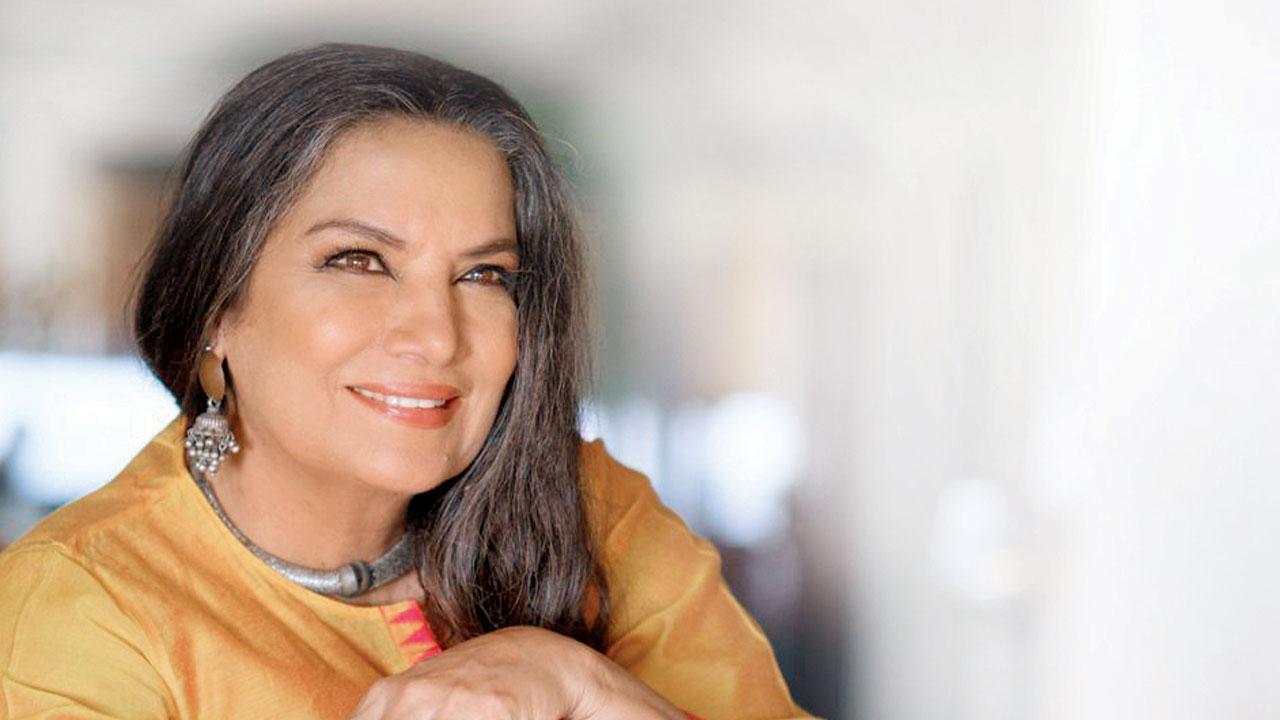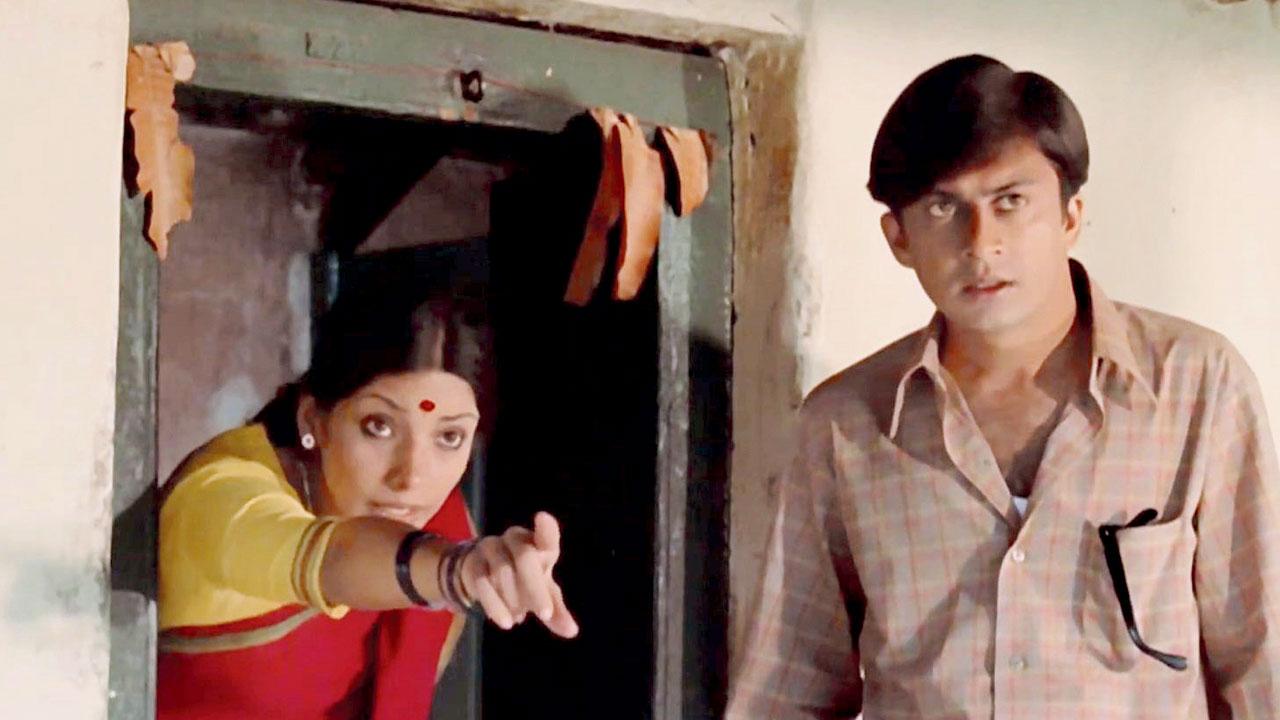Set to be honoured with Freedom of City of London Award, Shabana talks women’s on-screen depiction and rise in female-led stories as she completes 50 years in films

Shabana Azmi
Do you ever know you’re on the cusp of beginning something remarkable? Not really. Shabana Azmi, who completes 50 years in the industry this year, remembers that when she had her first release in Ankur (1974), she had no idea it would lead to such an illustrious career. “I had no big plan when I started my career,” she smiles. The UK Asian Film Festival (UKAFF) will mark her 50 years in the film industry with the programme, Celebrating the Golden Girl: Shabana Azmi, at Somerville College in Oxford today. On May 10, the veteran actor will be honoured with the Freedom of City of London Award by the City of London Corporation, in recognition of her contribution to Indian cinema and as a champion of women’s rights.
ADVERTISEMENT
Honoured by the felicitation, Azmi says, “The recognition also emphasises the intrinsic link between art and activism.” It has been a fulfilling journey of headlining thought-provoking films, mainstream entertainers, and being an active part of the change in the industry. “Ten years ago, substantial parts for senior artistes were inconceivable. In the past two years, I’ve done an array of roles,” says the Rocky Aur Rani Kii Prem Kahaani (2023) actor.
 The actor debuted with Ankur
The actor debuted with Ankur
The UKAFF will put the spotlight on how her roles promoted gender equality. From her debut film to Nishant (1975), from Arth (1983) to Godmother (1999), she pushed the boundaries of women’s representation on screen. How does she view the change in the depiction of female actors today? “The scenario has improved vastly. Earlier, it was only left to parallel cinema to give women substantial roles. Today, look at the roles Alia Bhatt and Deepika Padukone are doing in mainstream films. I believe if change has to happen, it should reflect in mainstream cinema, or you are preaching to the converted. That there are so many women on the set today in positions of authority is a good sign. Since there are so many female writers now, I hope it will lead to more women-centred content.”
But pay disparity continues to be rampant. The actor remains optimistic as she says, “It will [change] when women-centric films start making money at the box office. Heroes need to be ready to play second fiddle like women did all these years.”
In a career that saw her collaborating with the finest Indian filmmakers—from Shyam Benegal to Satyajit Ray and Sai Paranjpye—and winning five National Awards, which would she consider her best role? “It has yet to come,” she quips, “Sochne mein kya jaata hai?”
 Subscribe today by clicking the link and stay updated with the latest news!" Click here!
Subscribe today by clicking the link and stay updated with the latest news!" Click here!







